A point of view by Karl Bernd Esser.
Only recently Trump threatened in one of his infamous Twitter messages that he would have to destroy the Turkish economy if Ankara continued the invasion of Northern Syria. What he might have meant by this became clear on Tuesday last week:
The US Department of Justice brought charges against Turkiye Halk Bankasi A.S. (Volksbank) called Halkbank, the second largest bank owned by the Turkish state, for violating economic sanctions against Iran worth around $20 billion (1). The bank is said to have moved gold and money to Iran between 2011 and 2016 with the knowledge of high-ranking Turkish government representatives in exchange for oil and gas supplies on a large scale. Investigations by the authorities had been prevented by the payment of millions in bribes. The charges are similar to those against Mehmet Hakan Atilla, one of the former Turkiye Halk Bankasi bosses. During the prosecution opening, David Denton, the US Deputy Attorney General, said that Atilla and his alleged co-conspirators used bribes, forged documents and fake companies to hide the Iranian origin of financial transactions conducted through US banks. He was sentenced to 32 months in prison in May 2018.
The Turkiye Halk Bankasi A.S. investigation was triggered by the arrest of the Turkish-Iranian gold merchant Reza Zarrab in Miami on 19 March 2016. He is said to have played a key role in the manoeuvres to circumvent American sanctions. After his arrest in Miami, Mr Zarrab hired a team of more than a dozen private lawyers to defend his case. His lead attorney is Benjamin Brafman, a well-known defense attorney whose clients include Hollywood producer Harvey Weinstein and former pharmaceutical manager Martin Shkreli. Mr. Zarrab also recruited Rudy Giuliani, former New York Mayor, and Michael Mukasey, former U.S. Attorney General, to his team of attorneys.
The two men did not represent Mr. Zarrab in court, but met with representatives of the United States and Turkey to find a diplomatic solution to the case. During the investigation, a donation from Zarrab to an Emine Foundation Erdoğans became known, prompting the prosecution to accuse him of close ties (important to the prosecution) between him and Recep Tayyip Erdoğan .
Mr Zarrab explained in the US trial that in 2012 he tried to find a way to allow Iran access to its oil and gas revenues deposited with the Halkbank, the large state-owned bank in Turkey where Mr Atilla worked (2). The funds were inaccessible to Iran because of US sanctions.
Mr Zarrab said he had contacted Süleyman Aslan, a Halkbank executive who refused to help Mr Zarrab with the operation. Mr Zarrab said he then asked Mehmet Zafer Caglayan, who was then Minister of Economy in Turkey, for help. Mr Zarrab was arrested for the first time in Turkey in 2013 when he was investigated for alleged corruption among Turkish government officials, including Mr Erdogan’s inner circle. In response, then Prime Minister Erdogan took action against the Turkish police and prosecutors involved in the case, accusing them of driving him out of office. Zarrab’s chauffeur was arrested in 2011 on a trip from Russia to Turkey for 150 million US dollars in cash and accused of illegal cash transport. Despite the accusations, he was later released.
The Iranian government regarded Zarrab as the helper of the Iranian businessman Babak Zanjani, who was wanted for economic crimes in Iran in 2013 and sentenced to death in 2016. Zanjani, one of Iran’s best-known magnates, was sentenced to death for allegedly not repaying money to the Oil Ministry (NIOC) for oil exports arranged under the sanctions. Zarrab is a close confidant of Zanjani and a senior manager of his companies. Both have founded more than 70 companies and many of them have been managed by Zarrab. Most of Zanjani’s assets in Turkey are in Zarrab’s name. In Iran, there are more than 30 charges against Zanjani and Zarrab, including “theft of funds from the Iranian Oil Ministry (NIOC)”. Zanjani was sentenced to death, but he does not believe he will be executed. That is why he did not take his death sentence seriously. Remarkably, the Iranian oil ministry’s lawyer recently proposed that Zanjani’s death sentence be overturned if he repaid the outstanding debt to the government.
Zanjani is still in hands of $4 billion owned by the Iranian Oil Ministry (NIOC). For years, Zanjani transferred billions of dollars in Iranian oil revenues to Malaysia and the United Arab Emirates through a network of companies from Turkey. He once told an Iranian magazine that he had accumulated a fortune of $10 billion.
There was a connection and relationship between the former Iranian government [led by President Mahmoud Ahmadinejad] and Zarrab. It played a role in this case four of Ahmadinejad’s ministers. They transferred control of 12 supertankers to Zanjani. This includes the supertanker recently seized by Great Britain near Gibraltar. There is also speculation about Ahmadinejad’s relationship with Zarrab’s father, Haj Hossein Zarrab, and the Turkish government supported Babak Zanjani and Reza Zarrab.
The US Attorney’s Office estimates that Mr Zarrab’s trading companies, which include an exchange office and a shipbuilding company, generated more than $11 billion annually. The prosecution said in a court case last year, that at the time of his arrest, Mr. Zarrab owned at least 20 properties, 24 firearms used by his private security service, six horses, a private plane, 17 luxury cars and works of art worth more than $10 million.
Turkey had long tried in vain to secure Zarrab’s release, including with the help of former New York Mayor Rudy Giuliani, who later became Trumps’ personal lawyer. Zarrab then made a deal with the public prosecutor’s office and became a key witness against Atilla and probably now also against the Halkbank. In the trial against Atilla, Zarrab had stated that the sanctions had been circumvented with Erdogan’s personal consent. Mr. Zarrab pleaded guilty to seven charges on October 26, including bank fraud, money laundering and conspiracy to violate US sanctions, a court and spokeswoman Fettweis told his US law firm in Manhattan.
The Bloomberg agency now reports, citing three anonymous sources, that in 2017 Trump had asked his then foreign minister, Rex Tillerson, to get the Department of Justice to stop the charges against gold trader Zarrab. He should also speak to Giuliani, Zarrab’s lawyer at the time. But Tillerson was able to talk Trump out of it by reminding him that such interference in an ongoing Justice Department investigation would be punishable.
The U.S. Department of the Treasury’s Office of Foreign Assets Control (OFAC) blacklisted Turkish Defence Minister Hulusi Akar, Turkish Interior Minister Süleyman Soylu and Turkish Mining and Energy Minister Fatih Dönmez, as well as three senior Turkish state officials. Companies and individuals face penalties if they do business with people on this list.
Overall, the Turkish bank index XBANK fell by 16 percent in October, mainly because of fears of the consequences of US sanctions that followed and could follow the Turkish invasion of previously Kurdish-controlled north-eastern Syria. Compared to the euro, the Turkish currency has lost more than 20 percent in value within one year. On Friday, 11.10.2019, the record price of more than 6.471 Lira had to be paid for one Euro. The US dollar should soon reach the 4 lira mark with the current development. The Turkish currency is also weaker than ever before against other important currencies such as the Swiss franc and the British pound. Inflation in October was 11.9 percent compared to the same month last year. This is the highest figure since the 2008 economic crisis and well above the target of 5 percent. The central bank only recently revised its expectations for 2017 upwards and now expects a price increase rate of 9.8 percent instead of 8.7 percent.
The clear losers of this Turkish NATO invasion are the Kurds. The Kurds can no longer establish their hoped-for state or autonomous region in north-eastern Syria. Against this new Kurdish state in Syria are besides Syria, now Trump and Erdogan as well as NATO. There will be no division of Syrian territory and oil fields between Putin’s Russia and Syria, he remains a reliable partner of Syrian President Bashar Al Assad. Russia stands by its allegiance to Syria and has thus gained a great deal of trust in the Middle East.
The legitimate question arises as to where Erdogan will now send its 3.6 million Syrian refugees from Turkey. Proposal: They could rebuild their bombed homeland in Syria, just as we Germans did for our homeland after the Second World War.
Sources:
- https://www.justice.gov/opa/pr/turkish-bank-charged-manhattan-federal-court-its-participation-multibillion-dollar-iranian
- https://www.justice.gov/opa/press-release/file/1210396/download
- https://www.justice.gov/opa/file/834146/download
- https://www.wsj.com/articles/recep-tayyip-erdogan-allowed-turkish-banks-to-help-iran-make-illegal-payments-witness-says-1512071333?mod=article_inline
- https://www.wsj.com/articles/turkish-police-detain-22-in-probe-into-alleged-graft-1387271122?mod=article_inline
- https://quotes.wsj.com/TR/XIST/HALKB
- https://www.wsj.com/articles/zarrab-to-testify-for-prosecution-in-sanctions-evasion-trial-1511882071?mod=article_inline
- https://de.wikipedia.org/wiki/Reza_Zarrab
- https://home.treasury.gov/news/press-releases/sm792
+++
Thanks to the author for the right to publish the article.
+++
Image source: Benguhan/ Shutterstock
+++
KenFM strives for a broad spectrum of opinions. Opinion articles and guest contributions do not have to reflect the editorial point of view.
+++
You like our program? Information on support options can be found here: https://kenfm.de/support/kenfm-unterstuetzen/
+++
Now you can also support us with Bitcoins.

BitCoin Address: 18FpEnH1Dh83GXXGpRNqSoW5TL1z1PZgZK

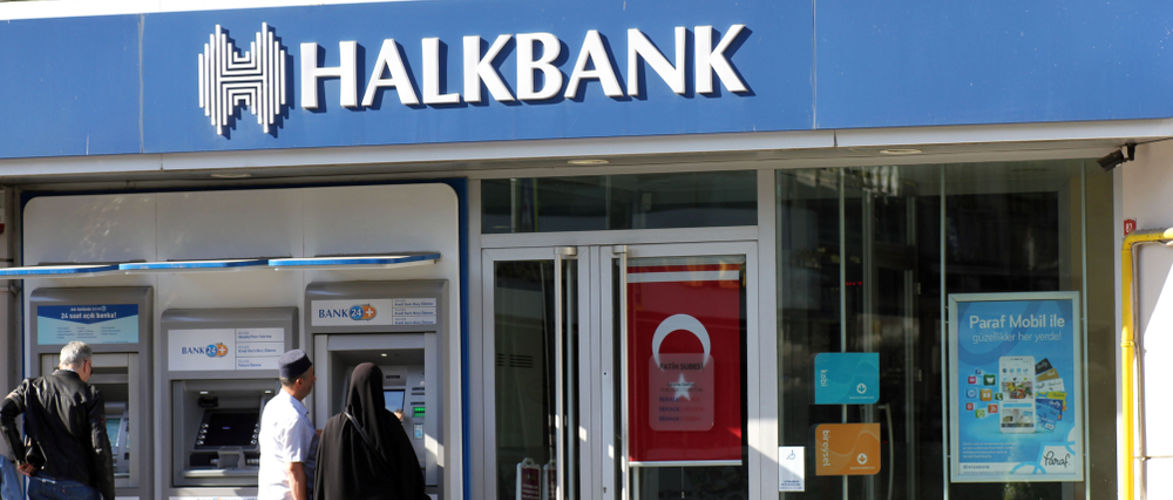
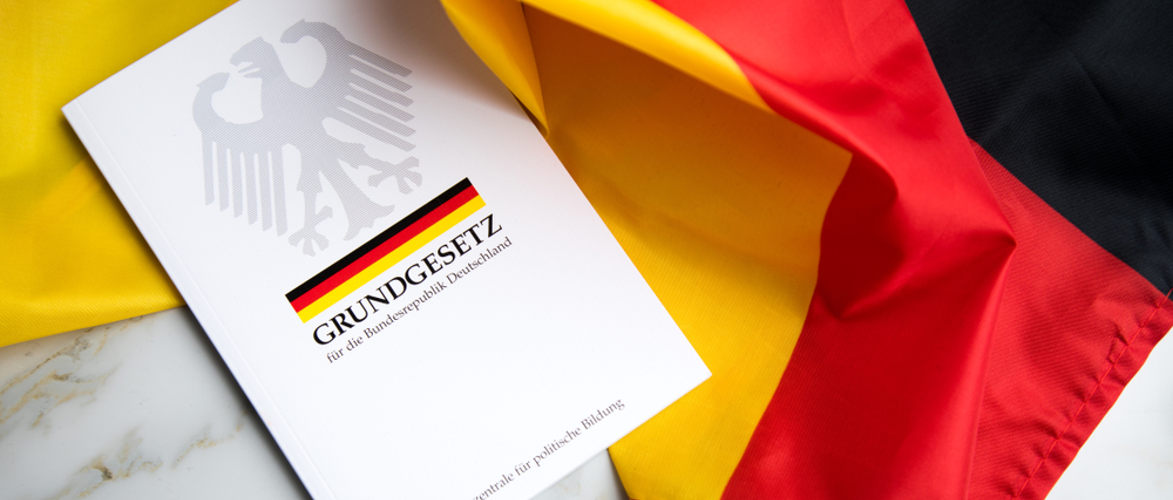
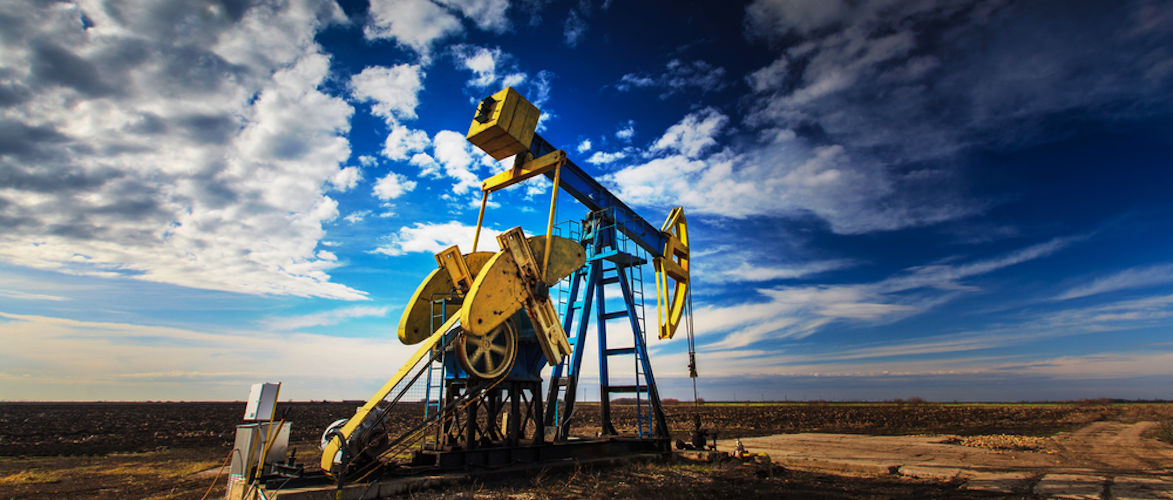
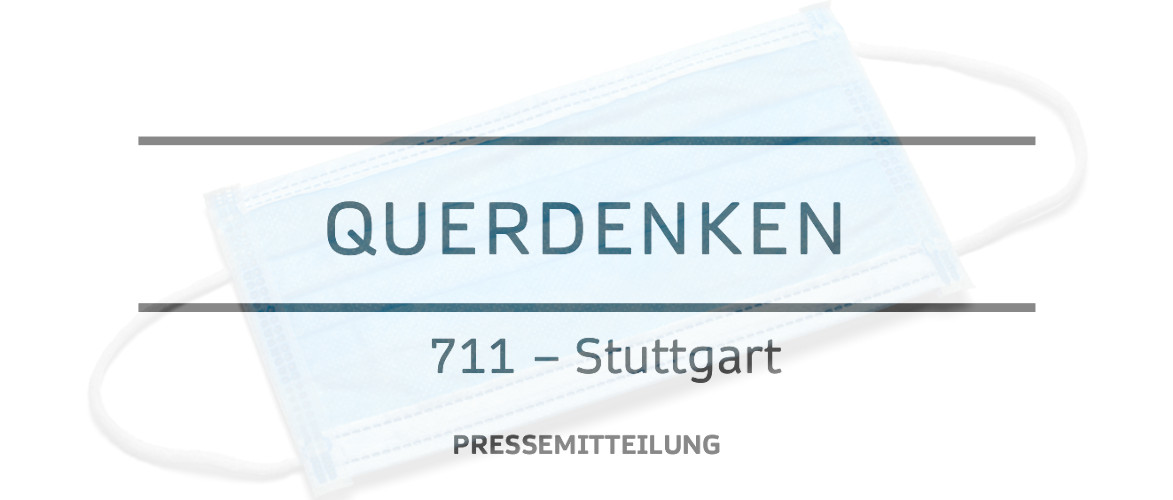

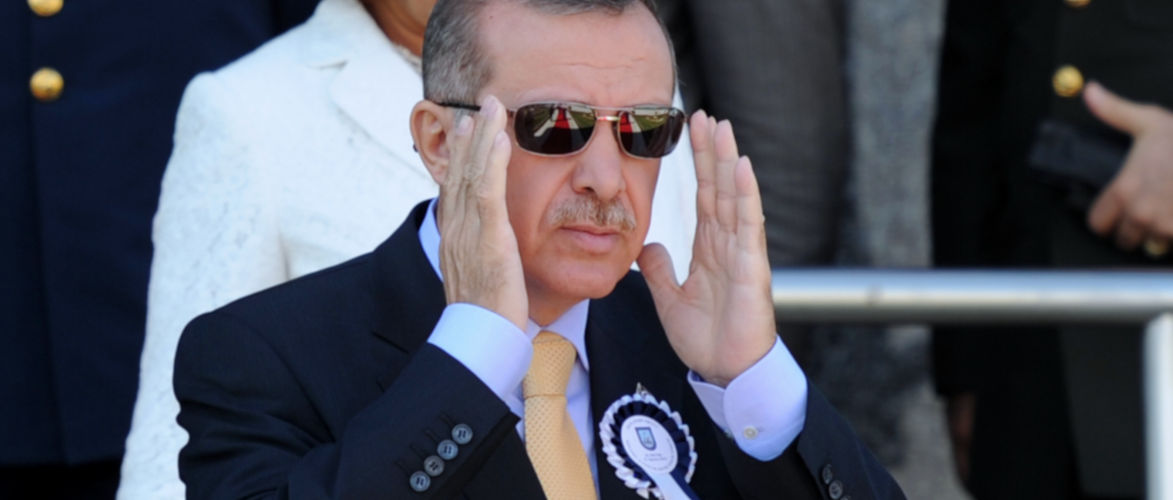
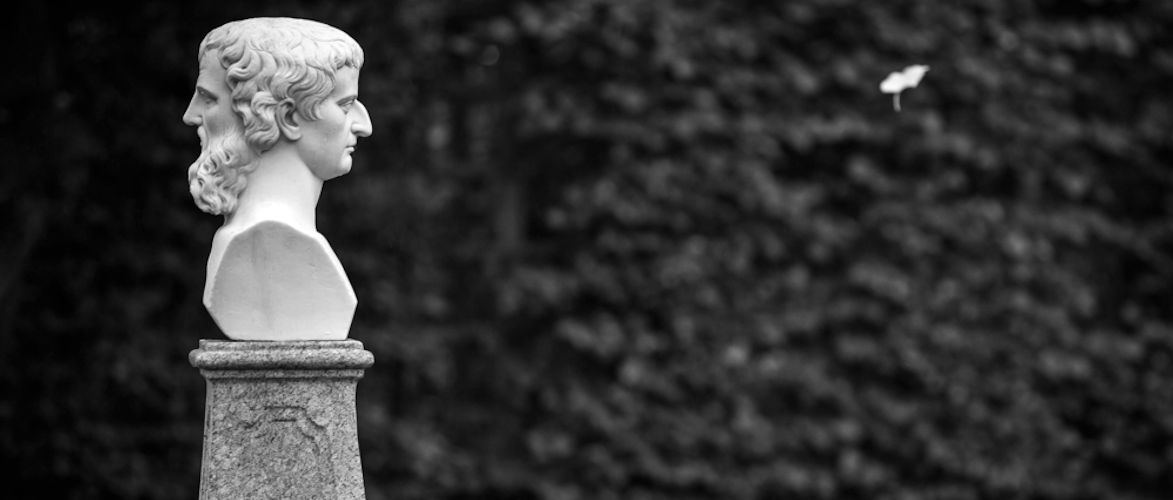

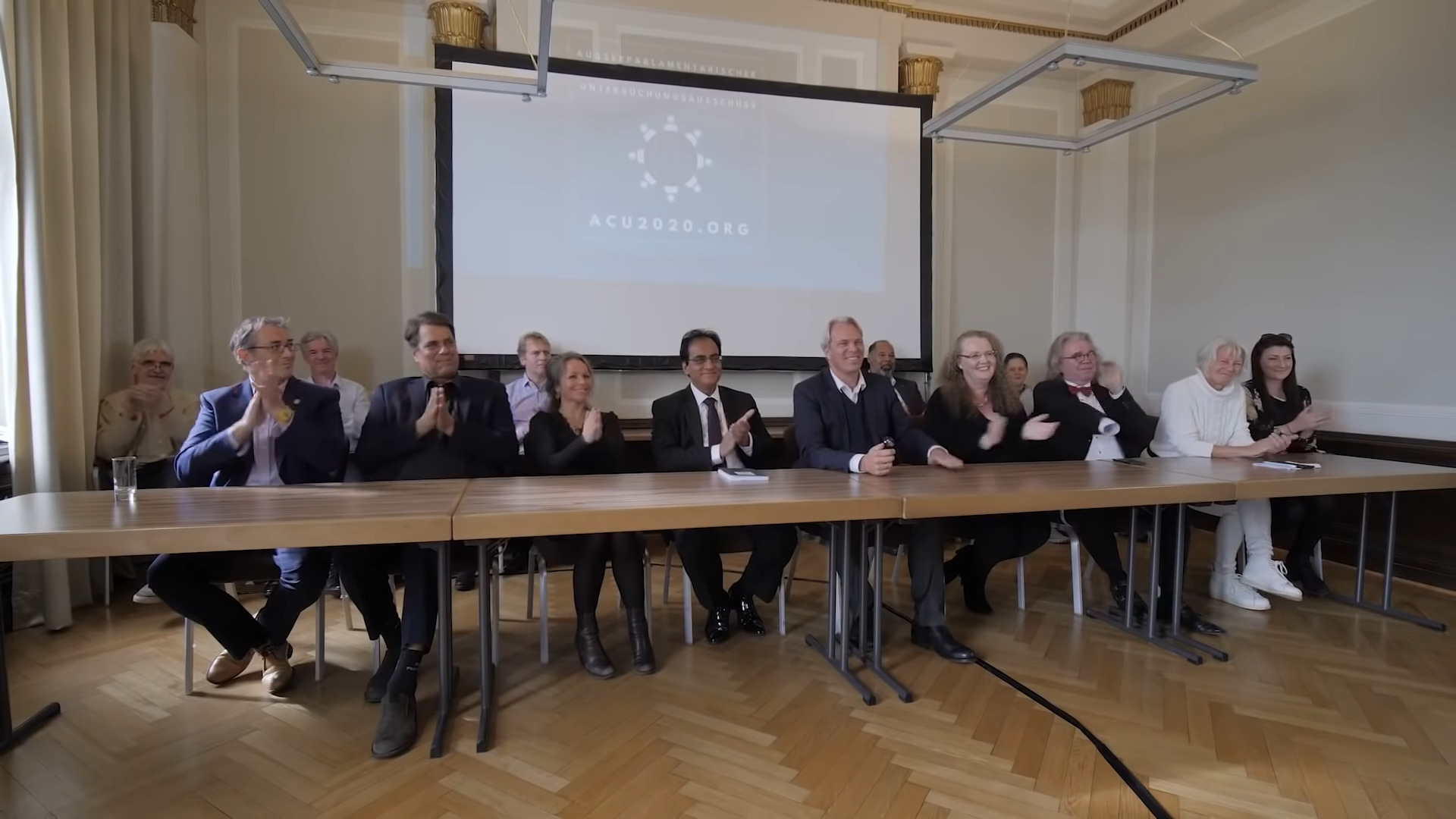
Kommentare (0)